Περιγραφή Προϊόντος
Life after death
The book Life after death examines all the issues surrounding the departure of the soul from the body up until life following Christ’s Second Coming.
It looks at how the soul is separated from the body by death, and how human identity is preserved after this separation. The delicate subject of why some infants die is considered in the light of what the Fathers have written on this subject. There is also a balanced consideration of what the soul encounters immediately after death – the ‘customs houses’. The resurrection of bodies, the events of the Judgment, what is meant by the eternal Kingdom of God and what we must do in order to enjoy it are all covered.
For those interested in more theological background there are chapters on why the Church does not believe in purgatorial fire or that Hell will eventually be abolished.
Life after death is a book that offers both knowledge and consolation, and should be read by everyone who is concerned about the death of those close to them and their own. It demonstrates that by living within the Church, through life in Christ, man can experience the Kingdom of God from this the present life and overcome death.
Preface to the English edition
Introduction
1 The parable of the Rich Man and Lazarus about life after death
1. The parable of the Rich Man and Lazarus
2. Interpretive analysis of the parable
2 The separation of the soul from the body
l. Definition of the soul
2. The creation and origin of the soul
3. Death and the ancestral sin
4. The mystery of the soul’s departure from the body
5. The taxing of souls
6. The intermediate state of souls
7. The death of infants
8. Conclusions
3 Experiences after death
1. Contemporary after-death experiences
2. Critique of these experiences from an Orthodox point of view
3. The discernment of experiences
4 The immortality of the soul
1. Immortality of the soul according to philosophy
2. The immortality of the soul according to Orthodox theology
3. Belief in the soul’s mortality and the Orthodox Church
5 The purifying fire
1. The discussions at Ferrara-Florence about the purifying fire
2. The teaching of St Mark Eugenicus about the purifying fire
a) Dogmatic discussion is needed
b) Paradise and Hell exist
c) There is no purifying fire
d) Theological arguments against the existence of a purifying fire
e) Interpretation of an apostolic passage
f) Patristic passages in the dialogue
g) The eternal fire is uncreated
3. The source of the Latins’ teaching about the purifying fire
6 The Second Coming of Christ
1. The coming of Christ in glory
2. The resurrection of the dead
3. The coming Judgment
7 Paradise and Hell
1. Holy Scripture on Paradise and Hell
2. The holy Fathers on Paradise and Hell
3. Paradise and Hell in the life of the Church
4. The theological and ecclesiological consequences of the Orthodox perception of
Hell
8 The restoration of all things
1. Ancient philosophers and theologians on the restoration of all things
2. The views of the interpreters on the position of St Gregory of Nyssa as to the
restoration of all things
3. Interpretive comments on the teaching of St Gregory of Nyssa about the
restoration of all things
a) His great ecclesiastical personality
b) His views about philosophy
c) His teaching about man’s choice and the perpetuity
of Hell
d) Interpretive analysis of particular passages
e) Interpretation of St Gregory of Nyssa by the
Fathers of the Church
4. Conclusion
9 Eternal life
1. The Kingdom of God
2. The renewal of creation
3. The continuing development in the age to come
10 Timeless eschatology
1. Interpretation of the term ‘eschatology’
2. Time in the Orthodox conception
3. The past and present of the last things
a) What the Kingdom of God is
b) The last things as the first
c) The last things as present
Epilogue
The Feast of the Kingdom




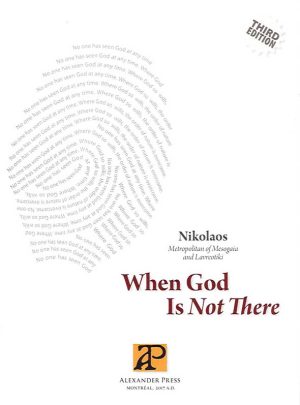
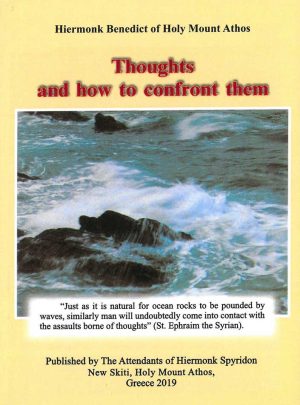

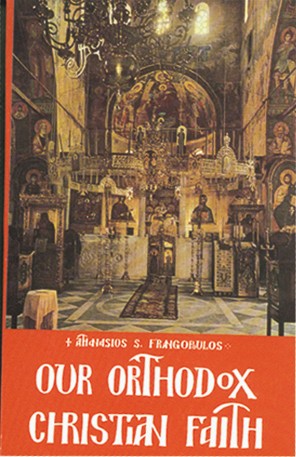
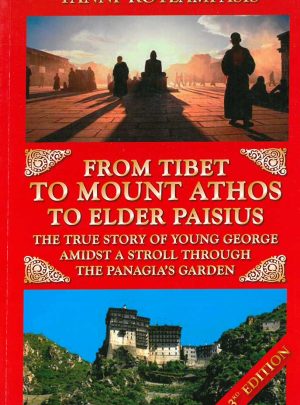
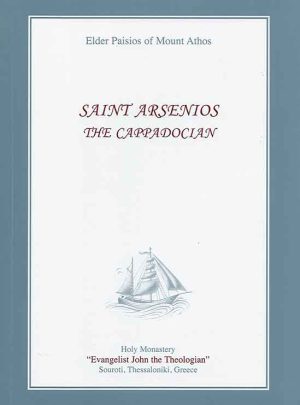
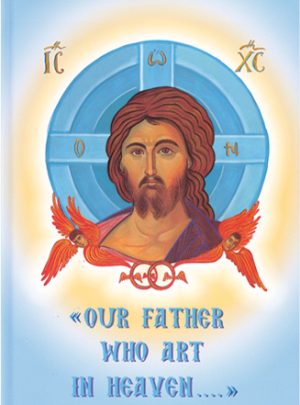
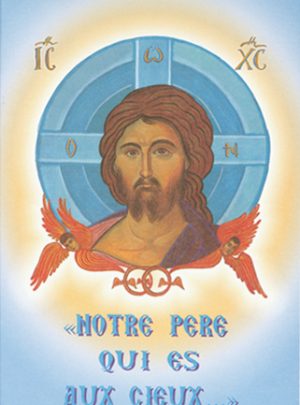
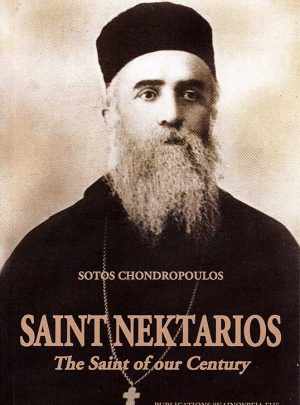
Αξιολογήσεις
Δεν υπάρχει καμία αξιολόγηση ακόμη.